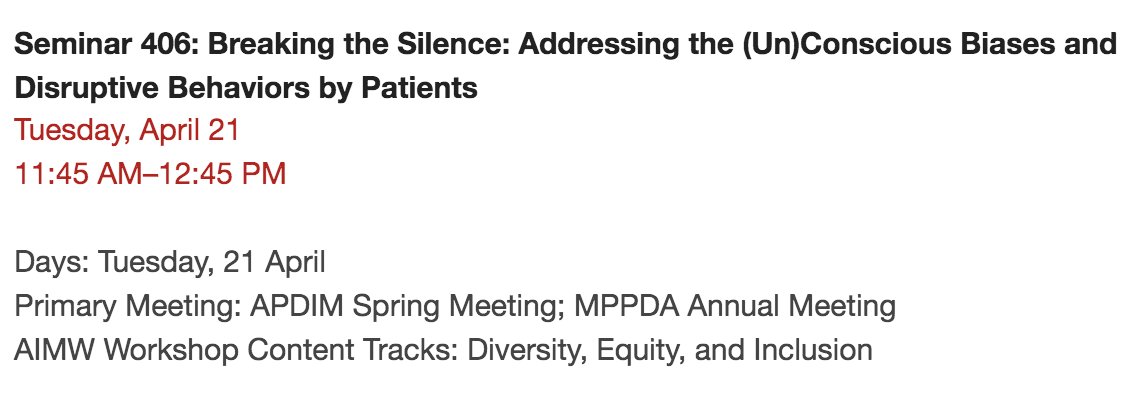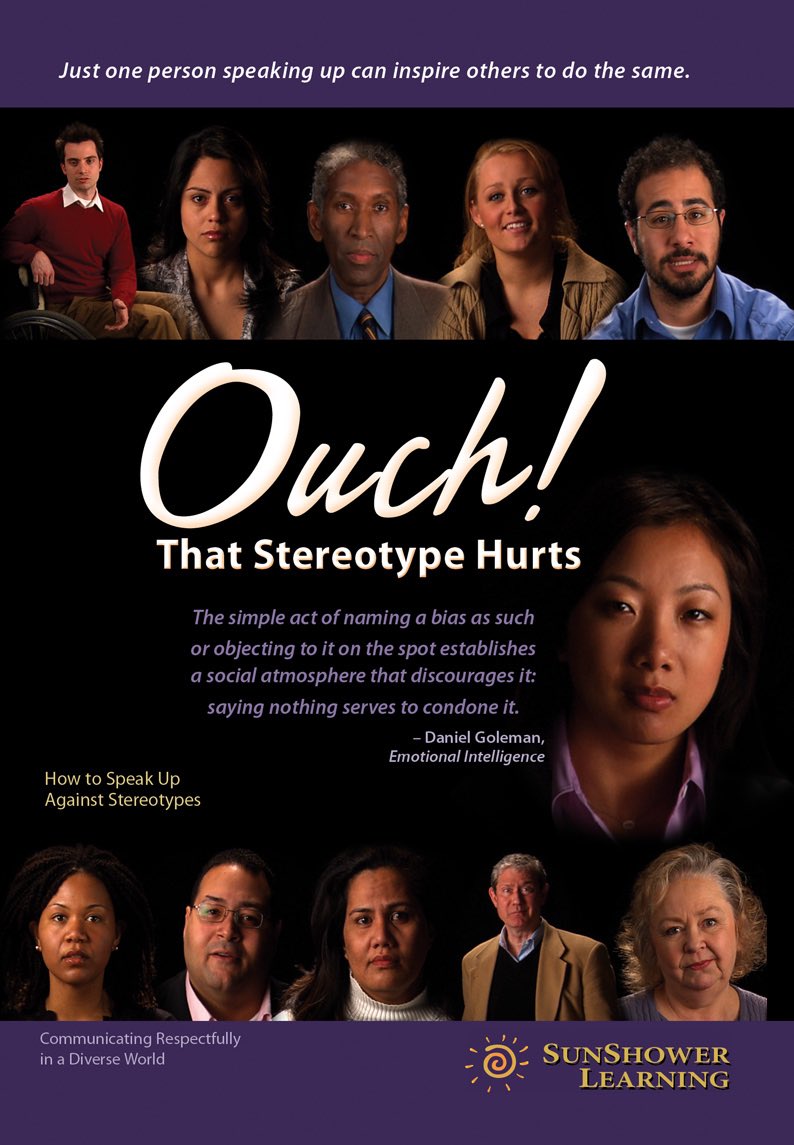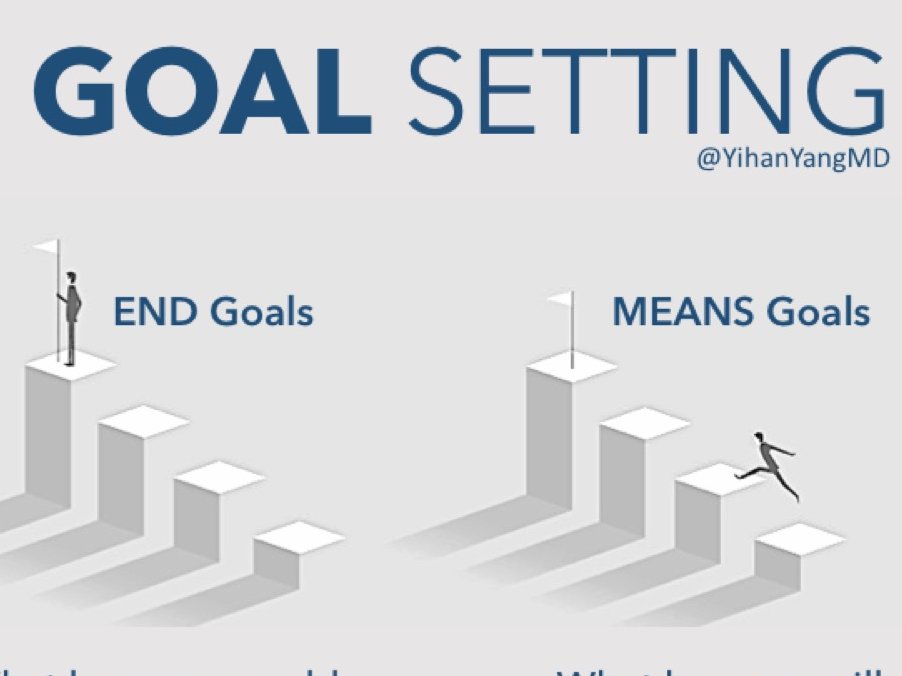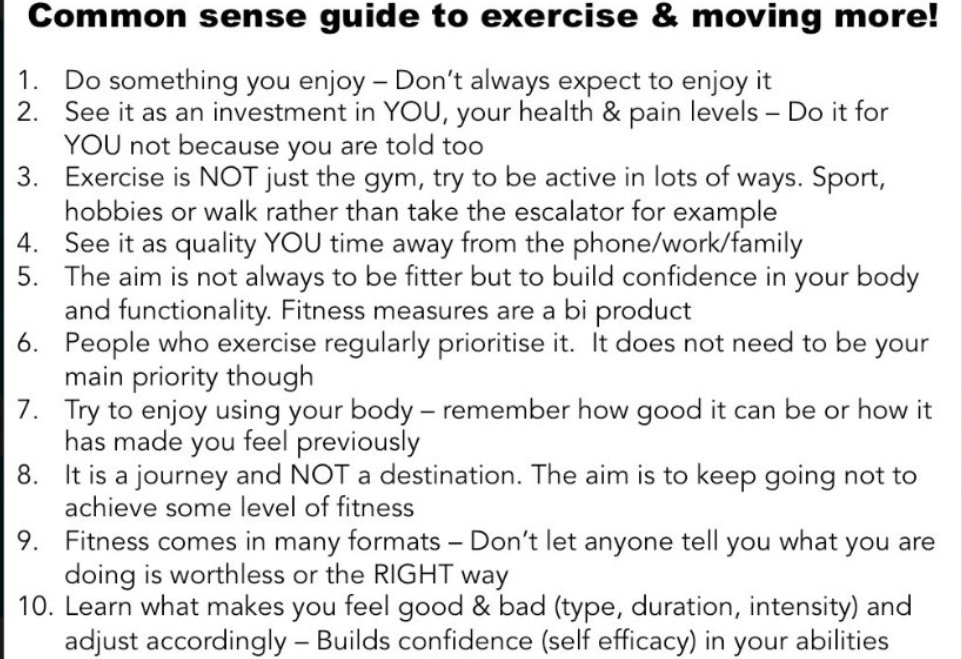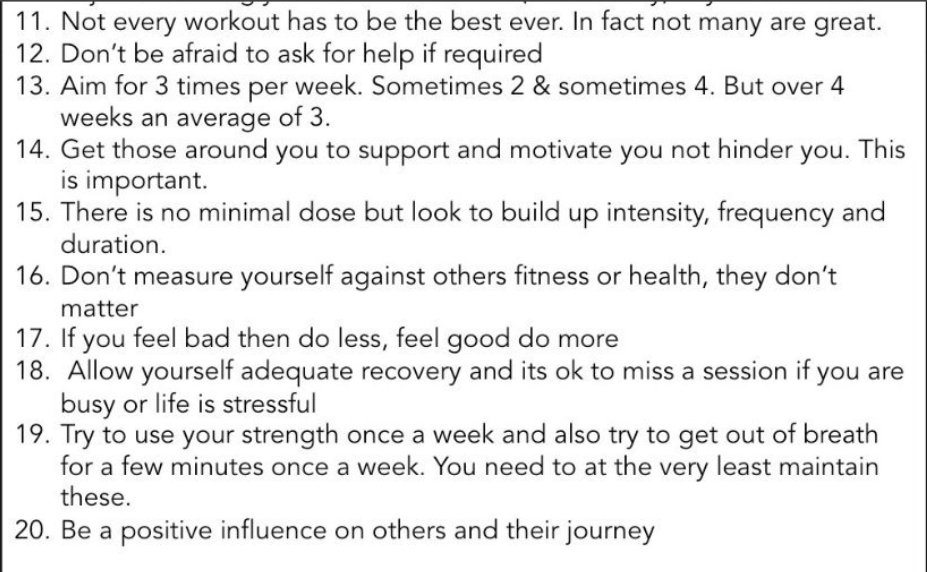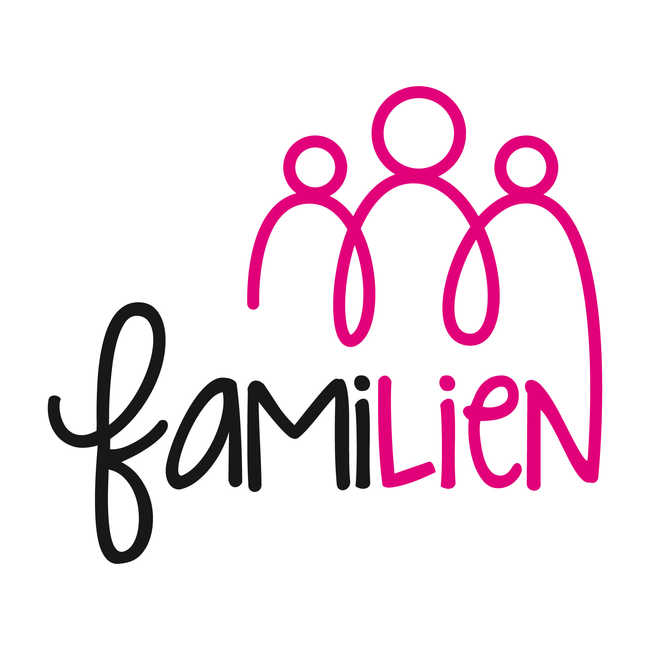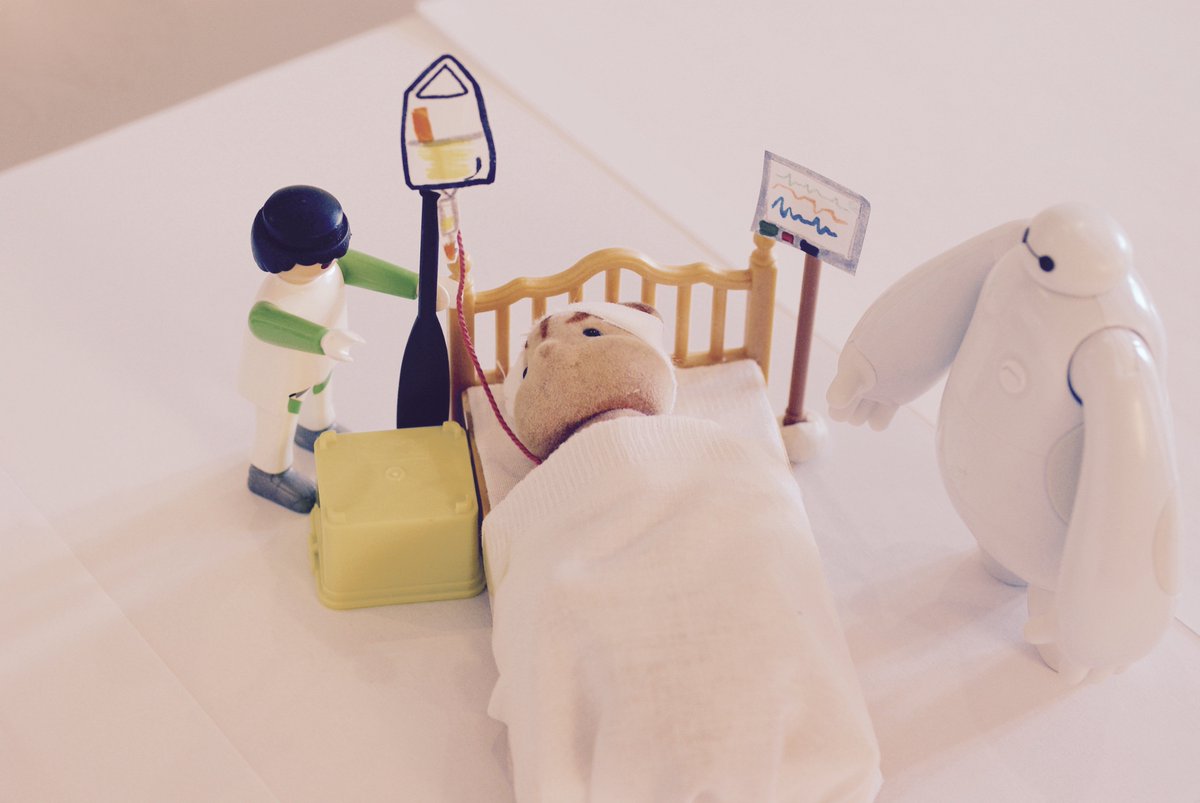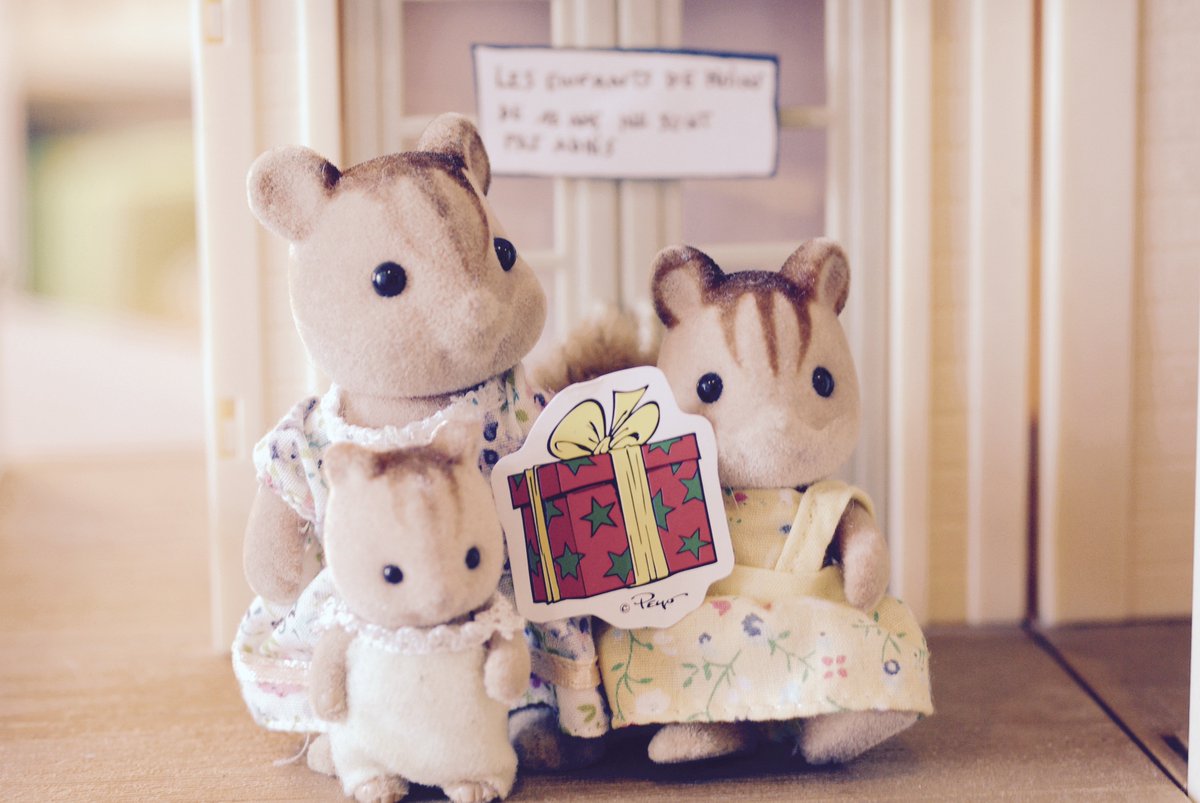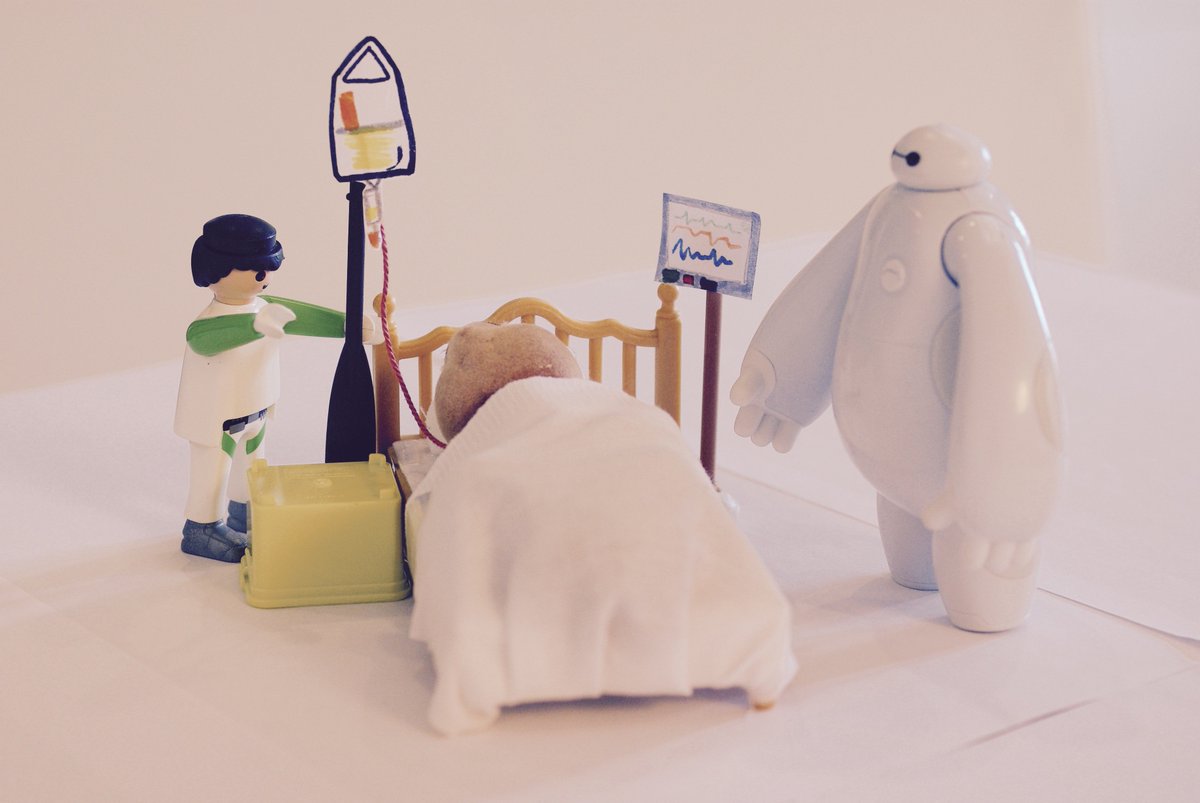Have you seen a patient make a #sexist, #racist, ***ist comment towards a learner or peer?
It lets the targetted individuals know that they are not alone, and that biased or abusive comments are not tolerated in your learning environment.
#MedThread #Medtweetorial #MedEdPearl #Medtwitter #medstudenttwitter #MedEd #MedEdMethodsMonday
What happens to the doctor-patient relationship if I call the patient out?
There are several resources out there to build skills in responding as a bystander to microaggressions or bias in pts...
Assume pts say things with good intentions, then educate them on the actual impact.
“I think you meant that as a compliment to Dr. R’s appearance, but that takes away from all the other traits that makes Dr. R an excellent physician.”
Create a moment for the patient to reflect on their comment.
"What do you mean by that?"
"What makes you say that?"
Nip it in the bud.
"Okay, let's not even go there. We were talking about your breathing...”
Allow the patient to rethink if their voiced stereotype pertains only to a particular group of people.
"I don't think cellphone overuse is JUST a female thing. I'm sure you can think of men who are always stuck on their cell phones."
Allow the patient to rethink if their voiced stereotype pertains to an entire group of people, or just an individual.
"Do you mean ALL Chinese people, or is there someone in particular you are thinking about?"
A universally (English) way to tell someone you've been hurt, either intentionally or unintentionally.
The OUCH training video can be found here: vimeo.com/36422104
Recommend start @ ~16:30
doi.org/10.1080/014215…
Did you learn anything about bystander response to microaggressions?
